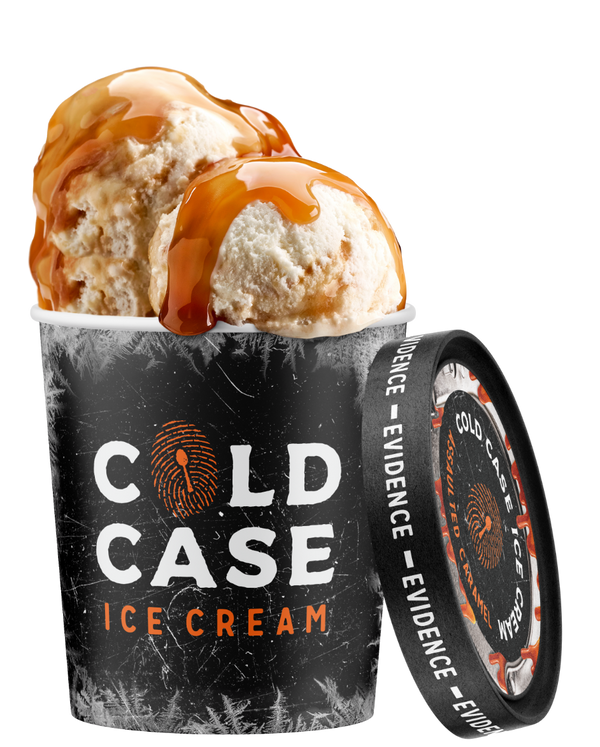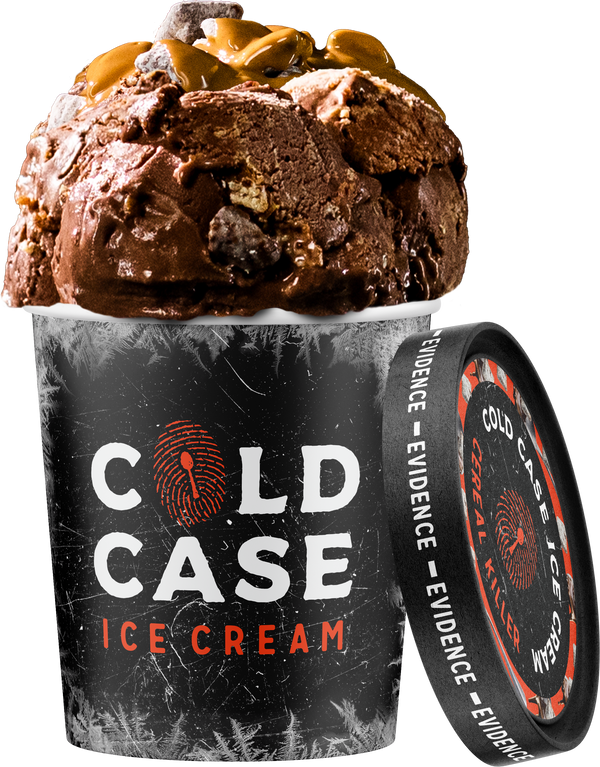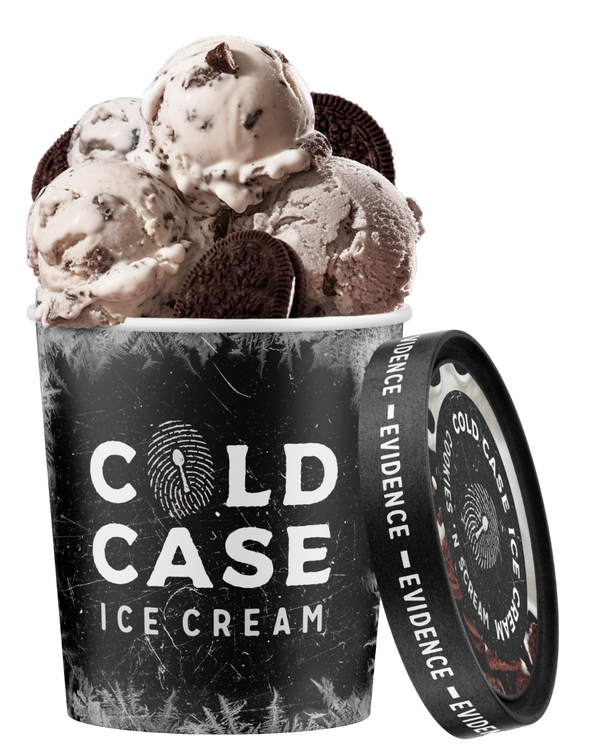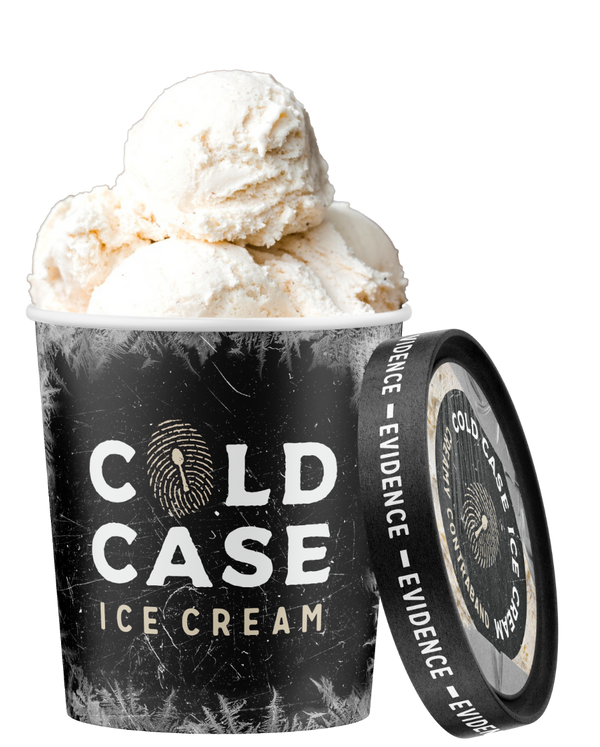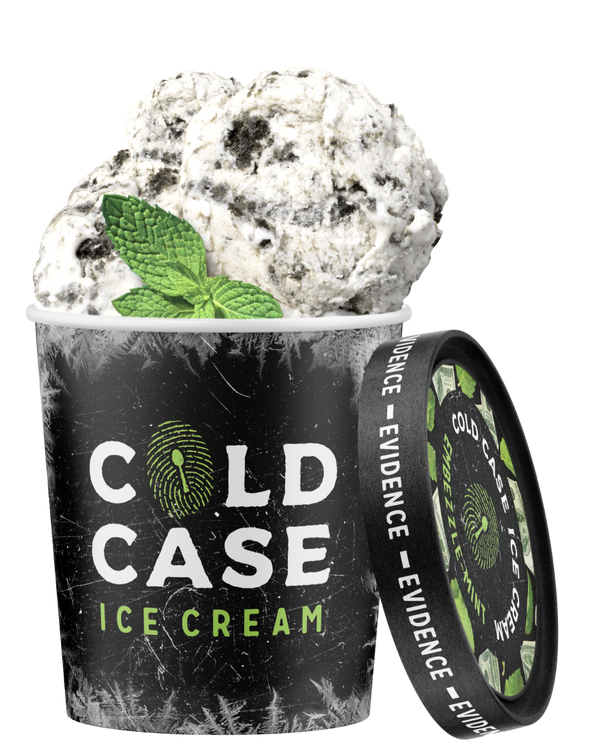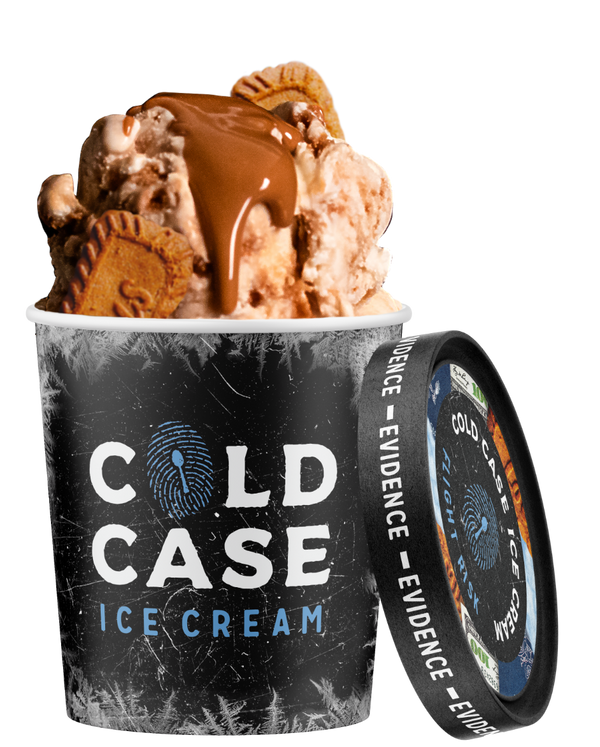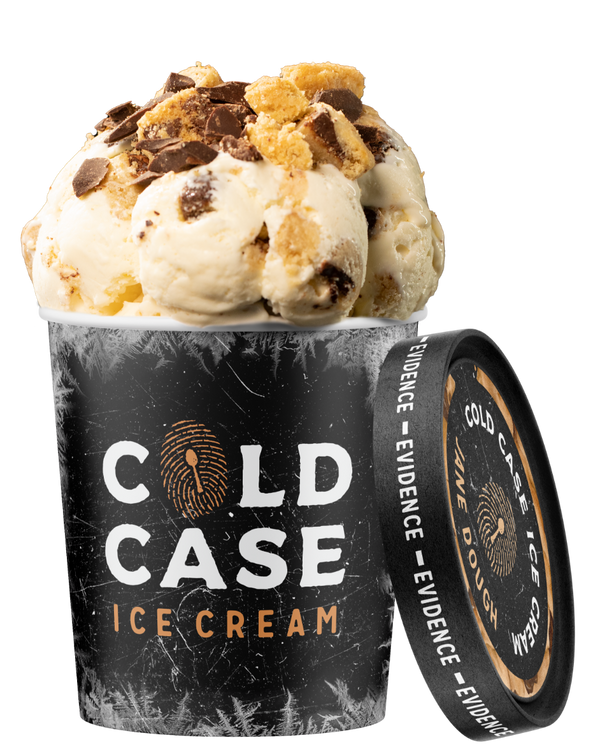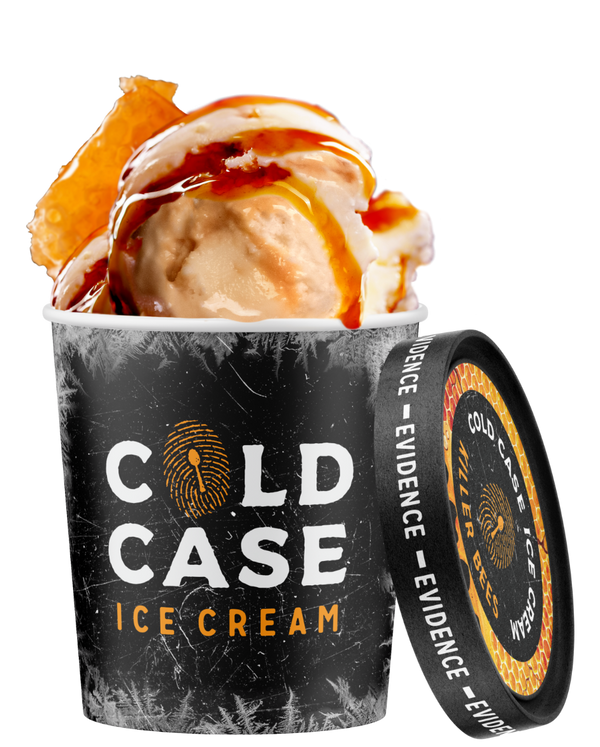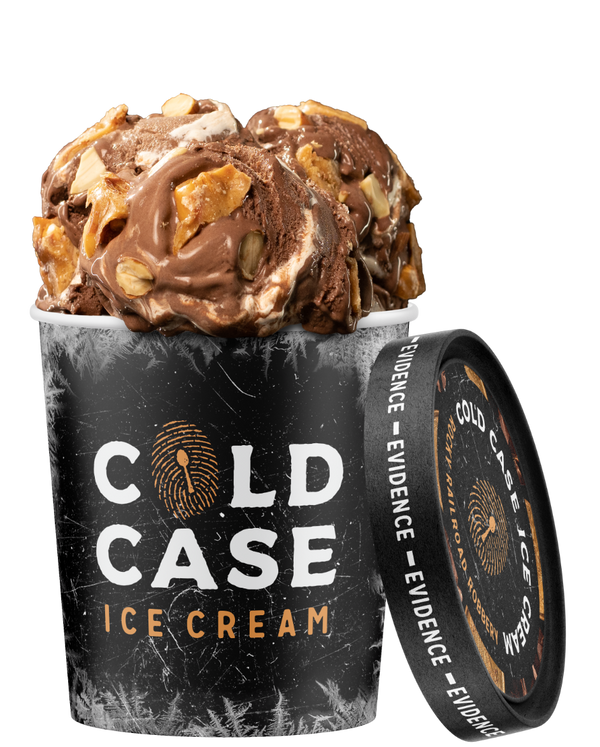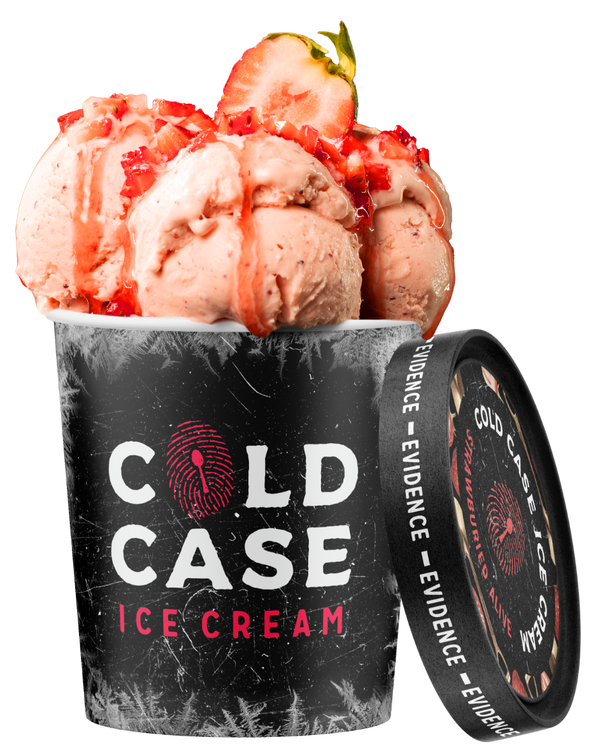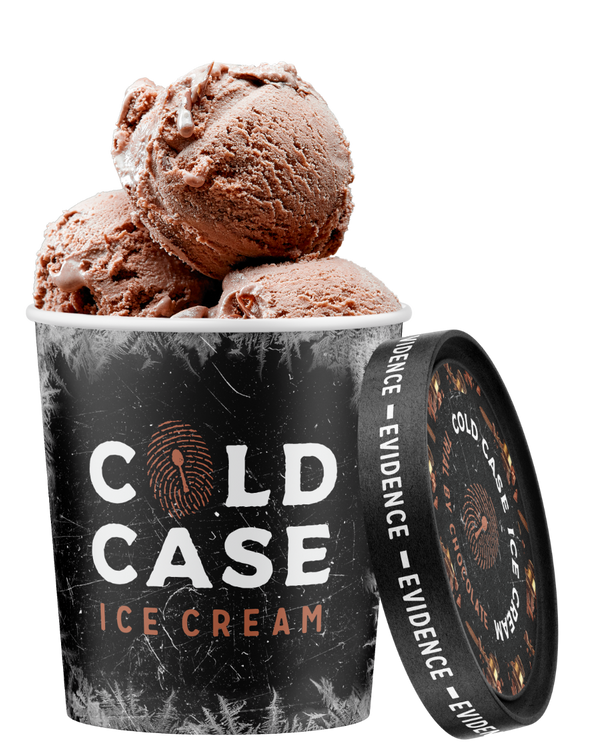Whether it’s a scoop of classic vanilla, a decadent chocolate fudge swirl, or an exotic fruit sorbet, there's an ice cream flavor for everyone. But what happens when you find a half-forgotten tub of ice cream tucked away in the freezer, past its "best by" date? Does ice cream go bad, and is it still safe to eat? In this article, we'll explore the longevity of ice cream, how to tell if it's gone bad, and ways to store it to maximize its shelf life.
Does Ice Cream Expire?
One of the first questions that often come to mind is whether ice cream has an expiration date. The answer to this question isn't straightforward, as ice cream doesn't "expire" in the traditional sense like perishable dairy products. However, it can certainly degrade in quality over time. Here's what you need to know:
-
Best By Date
Ice cream typically comes with a "best by" or "use by" date on the packaging. This date is a guideline provided by the manufacturer to indicate the period during which the ice cream is at its peak quality. Consuming ice cream before this date ensures you enjoy it at its freshest.
-
Quality vs. Safety
While ice cream may develop ice crystals or a slightly different texture as it ages, it doesn't necessarily become unsafe to eat after the "best by" date. Instead, the "best by" date refers to the period of optimal flavor and texture. However, if ice cream has been improperly stored or shows signs of spoilage, it should be discarded.
Signs That Ice Cream Has Gone Bad
Now that we've established that ice cream doesn't technically "expire," let's discuss how to determine if your ice cream has gone bad. Here are some telltale signs to watch out for:
-
Ice Crystals
Ice cream is known for its creamy texture, so if you notice large ice crystals or a grainy texture, it may be a sign that the ice cream has been thawed and refrozen, affecting its quality.
-
Freezer Burn
Freezer burn occurs when ice cream is exposed to air inside the freezer, causing the top layer to become dehydrated and develop a leathery texture. While freezer-burned ice cream is safe to eat, it won't taste as good as when it was fresh.
-
Unpleasant Odor
If your ice cream emits an unusual or off-putting odor, it's best to discard it. A sour or rancid smell indicates spoilage or the presence of bacteria.
-
Off-Flavors
While ice cream may not necessarily "go bad" in the same way as perishable foods, it can develop off-flavors over time. If it tastes significantly different from what you remember, it might be time to toss it.
-
Mold Growth
In rare cases, mold may develop on the surface of ice cream. If you see any signs of mold, it's crucial to discard the entire container, as mold can produce harmful mycotoxins.

How to Store Ice Cream Properly
To prolong the shelf life and maintain the quality of your ice cream, it's essential to store it correctly. Here are some tips for keeping your ice cream in optimal condition:
-
Keep it Cold
Ice cream should always be stored in the freezer at a temperature of around -20°F (-29°C) or lower. Use the freezer's coldest setting to ensure it remains solid.
-
Seal it Well
To prevent the formation of ice crystals and freezer burn, tightly seal the ice cream container after each use. Press a layer of plastic wrap or parchment paper against the ice cream's surface before sealing the container.
-
Use an Airtight Container
If the original ice cream container isn't airtight, consider transferring the ice cream to an airtight container to minimize exposure to air and prevent off-flavors.
-
Store Deep in the Freezer
Store your ice cream deep within the freezer and away from the freezer door. Frequent opening and closing of the freezer door can cause temperature fluctuations, affecting the quality of the ice cream.
-
Limit Thawing & Refreezing
Avoid repeatedly thawing and refreezing ice cream, as this can lead to the formation of ice crystals and a degraded texture. Instead, scoop out the desired amount and return the container to the freezer promptly.
So, Does Ice Cream Go Bad?
While ice cream doesn't exactly expire, it can deteriorate in quality over time, affecting its texture and flavor. Pay attention to the "best by" date on the packaging and the signs of spoilage mentioned in this article. Proper storage and handling can help preserve ice cream's quality and extend its shelf life. Ultimately, whether you choose to enjoy ice cream that's past its prime or opt for a fresh batch, remember that the joy of indulging in this frozen delight is timeless.
With all this talk of ice cream, might as well go ahead and purchase a case of Cold Case Ice Cream!


